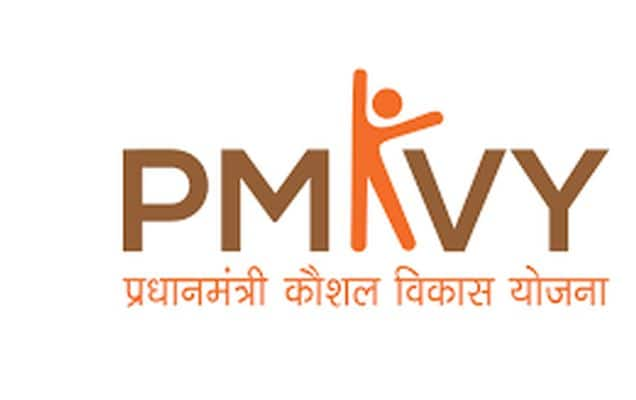The Prime Minister, Shri Narendra Modi, today inaugurated the new civil air terminal at Chandigarh airport.
Delivering the Convocation Address at the 34th Convocation Ceremony of the Post Graduate Institute of Medical Education and Research in Chandigarh, the Prime Minister recalled Swami Vivekananda’s address to the World Parliament of Religions in Chicago, this very day – September 11th - in 1893. He said that if the world had remembered the message of humanity delivered by Swami Vivekananda that day, perhaps the terror attack of 9/11 would not have happened.
Noting the presence of children from nearby Government schools at the function, the Prime Minister said that they were the real chief guests of the occasion, and expressed hope that this occasion would serve as an inspiration for them.
The Prime Minister reminded the graduating students that this Convocation Ceremony (Deekshant Samaaroh) should not mark the end of their education (should not become Shikshaant Samaaroh). He said it is an occasion when they emerge from the world of books to the real world.
The Prime Minister emphasized that those who were successfully becoming doctors today, had achieved this success not only because of their own efforts, but because of the contribution made by many others in society for their benefit, as they went through the process of receiving medical education. He urged them to keep the poor of the nation in mind, at every step of their career.
The Prime Minister spoke of the global trend towards holistic healthcare. He urged the graduating students to not just treat illnesses, but to form a bond with their patients. He also presented gold medals to meritorious students.
The Prime Minister inaugurated a new housing scheme and addressed a public meeting at Sector-25, Chandigarh. He was felicitated by ex-servicemen on stage. Speaking on the occasion, the Prime Minister said virtually every family in this region is like a “Suraksha Kavach” for the nation, as people from the region join the Armed Forces in large numbers. He said the Union Government has implemented OROP – One Rank, One Pension – for the Armed Forces, as promised, and the credit for this should go only to the poor, and the common people of India.
The Prime Minister expressed concern over the recent disruption of Parliament, and said there is need to generate greater awareness about the importance of the functioning of Parliament, and its role in democracy. He said there should be debate in Parliament on all issues, but there should not be any disruption. He said that the deadlock in the Lok Sabha has forced him to raise these issues in the “Jan Sabha” (directly with the people).
The Prime Minister launched IT Platforms for citizens’ facilitation in Chandigarh Housing Board. He said such adoption of technology in governance will help empower people. The Prime Minister said that he has a vision for the people of India in 2022 – the 75th anniversary of Independence, that each person should have a House to live in. He said the Union Government is working towards making this a reality.




















